Immigration remains a cornerstone of global connectivity, shaping economies, cultures, and personal destinies. In 2025, nations worldwide are recalibrating their immigration frameworks to address economic demands, security concerns, and humanitarian obligations. From Greece’s tightened border policies to the United States’ evolving visa reforms, immigrants face a complex landscape of opportunities and obstacles. This article explores the latest immigration policies, visa processes, cultural adaptation strategies, and personal stories of resilience, offering practical guidance for those embarking on this transformative journey.
The Global Immigration Landscape in 2025
Immigration policies in 2025 reflect a delicate balance between welcoming skilled workers and tightening borders amid political shifts. Global trends such as climate displacement, aging populations, and digital nomadism are reshaping how countries approach immigration. For instance, Europe’s Schengen Area expanded to include Romania and Bulgaria, easing intra-European mobility, while Greece has implemented stricter measures to curb irregular migration. In the U.S., policies under the Trump administration’s Project 2025 propose reducing legal immigration and increasing deportations, impacting millions of families and workers. These changes underscore the need for immigrants to stay informed and adaptable.
(The United Nations estimates that 281 million people live outside their country of origin, a number projected to grow due to economic disparities and environmental challenges. Climate-induced migration, particularly from Central America and the Caribbean, has surged, with hurricanes and droughts pushing thousands toward safer regions. Meanwhile, countries like Spain and Germany are easing pathways for skilled workers to address labor shortages, while others, like Greece, prioritize enforcement. This dynamic creates a patchwork of opportunities and restrictions for immigrants worldwide.
“Immigration is not just about borders; it’s about people’s dreams and survival,” says Dr. Elena Martinez, a migration policy expert. “Policies must balance compassion with pragmatism to create sustainable systems.”
Visa Processes Demystified
Navigating visa processes is often the first hurdle for immigrants. In 2025, visa categories vary widely by country, but common types include work, study, family reunification, and humanitarian visas. In the U.S., the H-1B visa for skilled professionals remains highly competitive, with an annual cap of 85,000 and a lottery system. Family-based green cards prioritize immediate relatives, but siblings face wait times of up to 15 years. The Diversity Visa Lottery offers 50,000 green cards annually to underrepresented countries, but applications require meticulous documentation. Errors in paperwork can lead to rejections, so precision is critical.
(In Greece, the Golden Visa program continues to attract investors, requiring a minimum €250,000 real estate investment in designated areas. Work visas demand job contracts and proof of qualifications, processed through Greek embassies, with timelines ranging from 15 days for tourist visas to 3 months for work permits. Asylum applications face stricter scrutiny, with accelerated decisions and potential 24-month detention for rejected applicants. Tip: Engage a local immigration lawyer and ensure all documents are translated and certified to avoid delays.
In Canada, 2024’s restrictive measures, such as caps on international students, have extended into 2025, but the country remains open to skilled workers through programs like Express Entry. Germany, despite political challenges, has streamlined processes for foreign talent in sectors like healthcare and IT, while Spain extended its job seeker visa duration to attract professionals. Always verify requirements with official government portals, as policies evolve rapidly.
(Challenges of Immigration
Immigrants face a myriad of challenges, from legal barriers to cultural alienation. In Greece, the 2025 migration bill imposes mandatory jail sentences of up to two years for irregular migrants, coupled with fines and potential electronic monitoring. The country reported 56,066 irregular arrivals in 2024, straining reception centers on islands like Lesvos. Overcrowding and inadequate facilities, reminiscent of the 2020 Moria camp fire that displaced 10,000 people, remain persistent issues.
(In the U.S., Project 2025’s proposals threaten programs like Temporary Protected Status (TPS) and Deferred Action for Childhood Arrivals (DACA), affecting 4.5 million U.S.-born children with undocumented parents. Expedited removal policies allow deportations without hearings for those within 100 miles of the border and in the country less than two years. These policies heighten fears of family separation and economic instability. Tip: Carry proof of continuous presence and consult legal aid to mitigate deportation risks.
(Cultural barriers also pose challenges. Language differences, social isolation, and workplace discrimination can hinder integration. For example, Amina, a Syrian refugee in Germany, shares,
“I studied German for two years, but people still treated me as an outsider. Finding a job was harder because my accent made employers doubt my skills.”Her experience highlights the emotional toll of cultural adaptation, compounded by bureaucratic hurdles.
Overcoming Obstacles Practical Tips
Legal navigation: Seek assistance from organizations like the Greek Refugee Council or U.S.-based groups like the Immigrant Legal Resource Center. These provide free or low-cost consultations to clarify visa and asylum processes. Document everything—residency proof, employment contracts, and medical records—to strengthen your case.
Financial planning: Immigration often involves high costs, from visa fees to legal services. Budget for unexpected expenses, such as Greece’s €4,000 fines for irregular entry or U.S. green card application fees, which can exceed $2,000. Explore community-based financial aid or microloans for support.
Community support: Join local immigrant networks or cultural associations. In the U.S., community centers in cities like New York and Los Angeles offer language classes and job fairs. In Europe, initiatives like Germany’s “Start with a Friend” connect newcomers with locals to ease integration.
Success Stories of Resilience
Amid challenges, immigrants often demonstrate remarkable resilience. Take Javier, a software engineer from Mexico who secured an H-1B visa in the U.S. in 2024.
“The process was grueling—three rounds of interviews, endless paperwork, and a year of waiting,” he says. “But landing a job at a tech firm in Seattle made it worth it. I’m now mentoring others through the visa maze.”Javier’s story underscores the value of persistence and professional networking.(
In Greece, Fatima, an Afghan asylum seeker, transformed her life after gaining residency through the Golden Visa program. She invested in a small property and now runs a café in Athens, employing other refugees.
“I never imagined owning a business,” she says. “Greece gave me a chance, but I had to learn the language and laws to succeed.”Her café, a hub for cultural exchange, exemplifies how immigrants contribute to local economies.
In Germany, Priya, an Indian nurse, benefited from the country’s 2025 policy easing work permits for healthcare professionals.
“The language barrier was tough, but free German classes and hospital support helped me integrate,” she shares. “Now, I feel like I belong.”These stories highlight the power of determination and adaptive policies in fostering success.
Cultural Integration Strategies
Cultural adaptation is a critical aspect of the immigrant experience. Moving to a new country involves navigating unfamiliar social norms, languages, and traditions. Language proficiency is often the first step. In Greece, free Greek language courses are available through NGOs like SolidarityNow, while in the U.S., community colleges offer affordable English as a Second Language (ESL) programs. Commit to daily practice, even if it’s just 30 minutes, to build fluency.
Social integration: Participate in local events, such as festivals or volunteer opportunities, to build connections. In Spain, the job seeker visa extension has encouraged immigrants like Maria from Venezuela to attend networking events.
“Joining a local book club helped me make Spanish friends and understand their culture,” she says.Such interactions foster a sense of belonging.
Workplace adaptation: Research workplace norms in your host country. In Germany, punctuality and direct communication are valued, while in the U.S., networking and self-promotion are key. Tip: Seek mentorship from colleagues or join professional associations to navigate cultural nuances.
Practical Tips for Cultural Adjustment
Learn local customs: Understand basic etiquette, such as greeting styles or dining habits. In Greece, offering coffee to guests is a sign of hospitality—reciprocating can build rapport. In the U.S., tipping 15–20% in restaurants is customary.
Embrace hybrid identities: Retain elements of your culture while adopting aspects of the host country. For example, hosting a multicultural dinner blending your native cuisine with local dishes can bridge cultural gaps.
Seek mental health support: Relocation stress can be overwhelming. Many countries, including Canada and Germany, offer free counseling for immigrants through community centers. Don’t hesitate to seek help if feelings of isolation persist.
Legal Guidance and Policy Updates
Staying abreast of legal changes is crucial for immigrants. In the U.S., 2025 brings reforms to the H-1B visa program, effective January 17, with updated Form I-129 to enhance worker protections. The H-2 visa program for temporary workers also sees increased flexibility but stricter compliance requirements. Green card applicants must use the revised Form I-485 starting February 10, 2025, which mandates medical examinations at submission. Tip: Work with an immigration attorney to ensure compliance with these changes.
(In Greece, the 2025 migration bill, pending parliamentary approval, introduces faster deportation processes and stricter asylum criteria. The EU’s New Pact on Migration and Asylum, fully implemented in 2025, standardizes asylum procedures across member states but has drawn criticism for prioritizing border security over humanitarian needs. Tip: Monitor updates via official EU or national government websites to stay informed.
Legal tip: Avoid unregulated “visa consultants” who promise quick approvals. In 2024, scams cost immigrants worldwide over $1 billion. Always verify credentials with bar associations or government-accredited agencies.
Preparing for the Future
As immigration policies evolve, preparation is key. Stay proactive: Regularly check policy updates, especially for time-sensitive processes like asylum claims or visa renewals. Build a support network of legal advisors, community leaders, and fellow immigrants. Resilience and adaptability are essential in navigating the uncertainties of immigration in 2025.
Despite challenges, immigration offers pathways to opportunity. Whether through Greece’s investment-driven Golden Visa, Germany’s demand for skilled workers, or Canada’s Express Entry, immigrants can find routes to stability and success. By understanding policies, embracing cultural integration, and learning from others’ experiences, newcomers can transform challenges into triumphs.

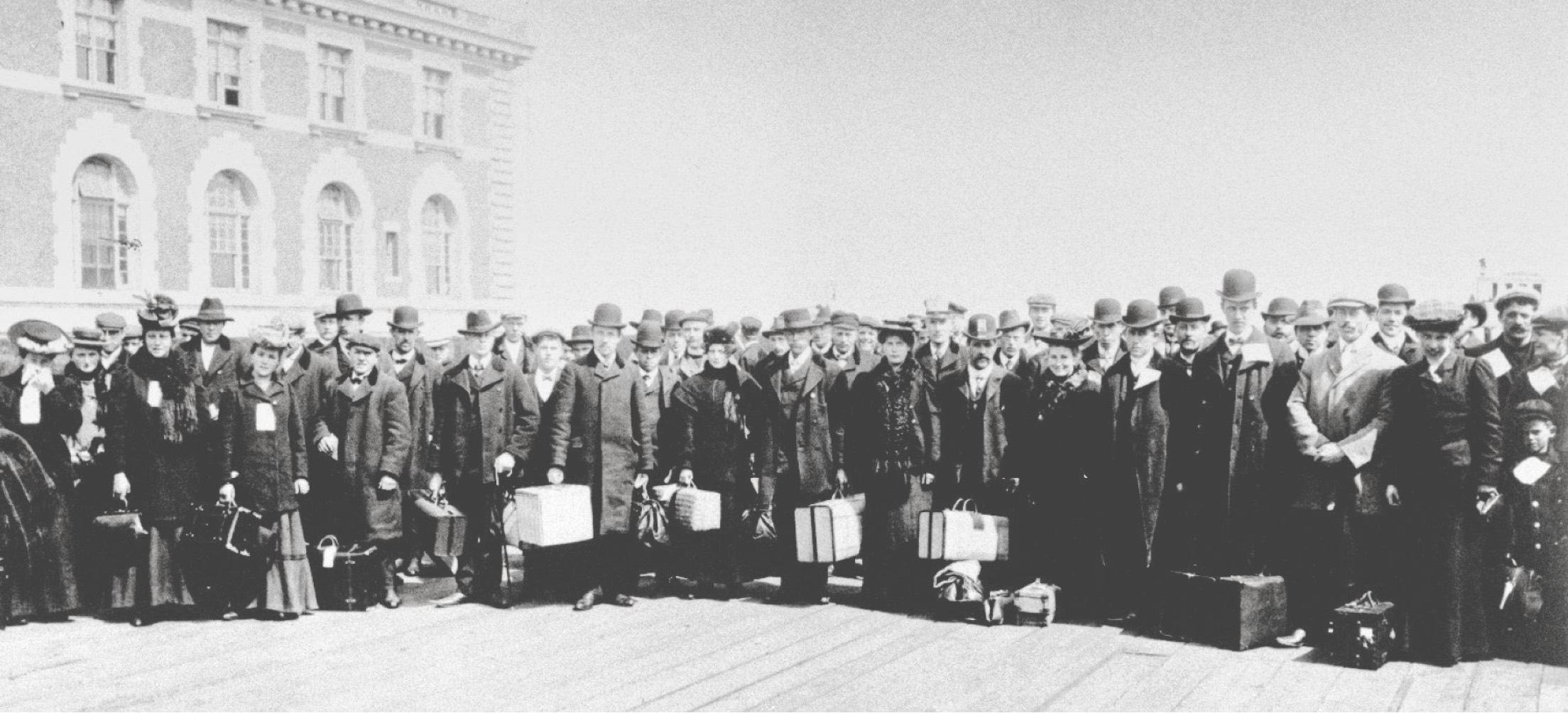

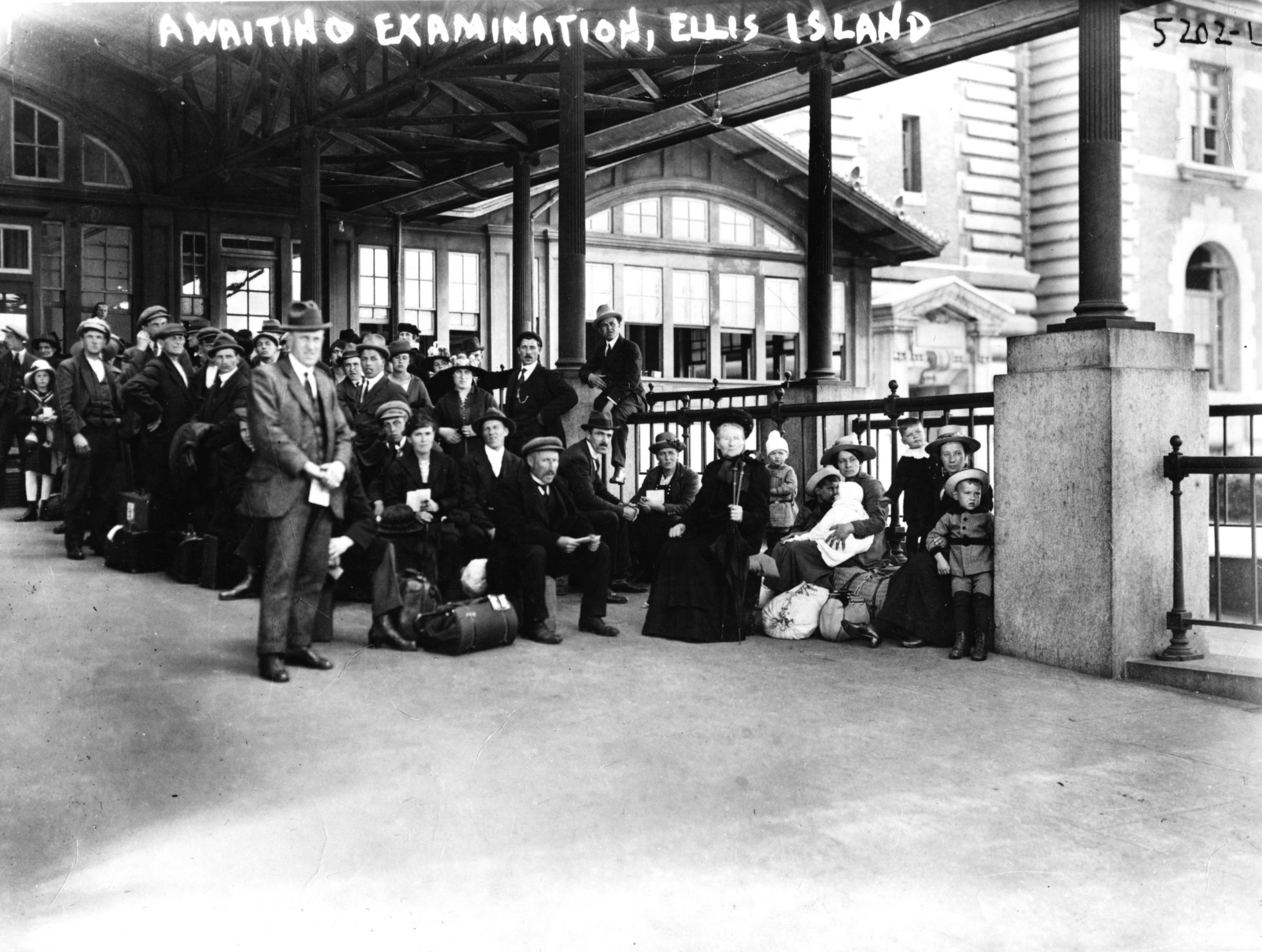





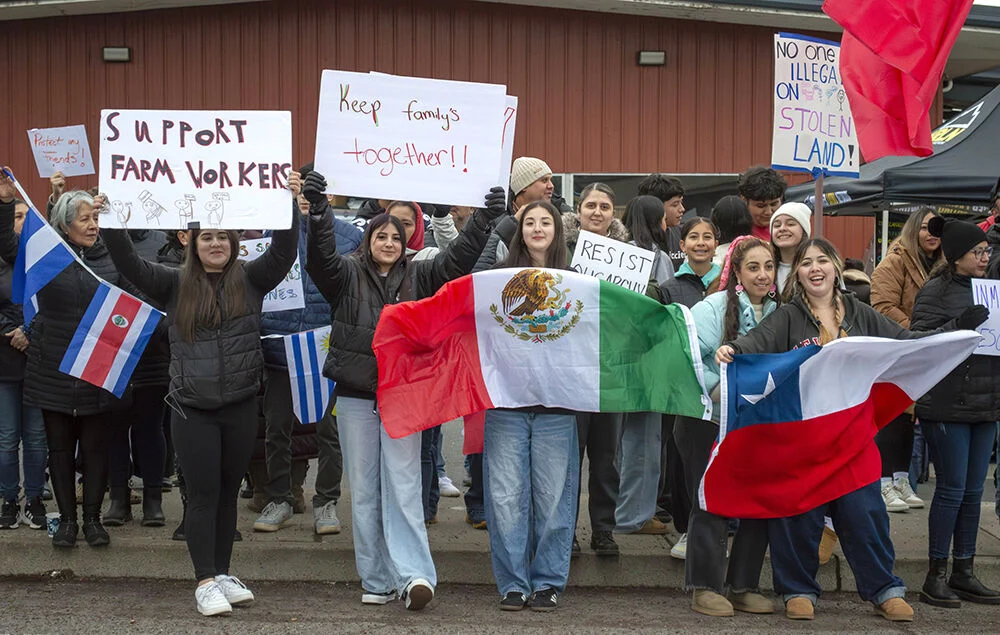
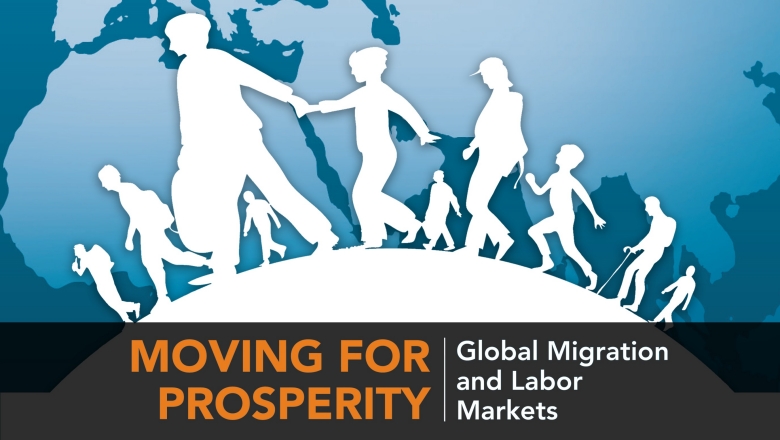

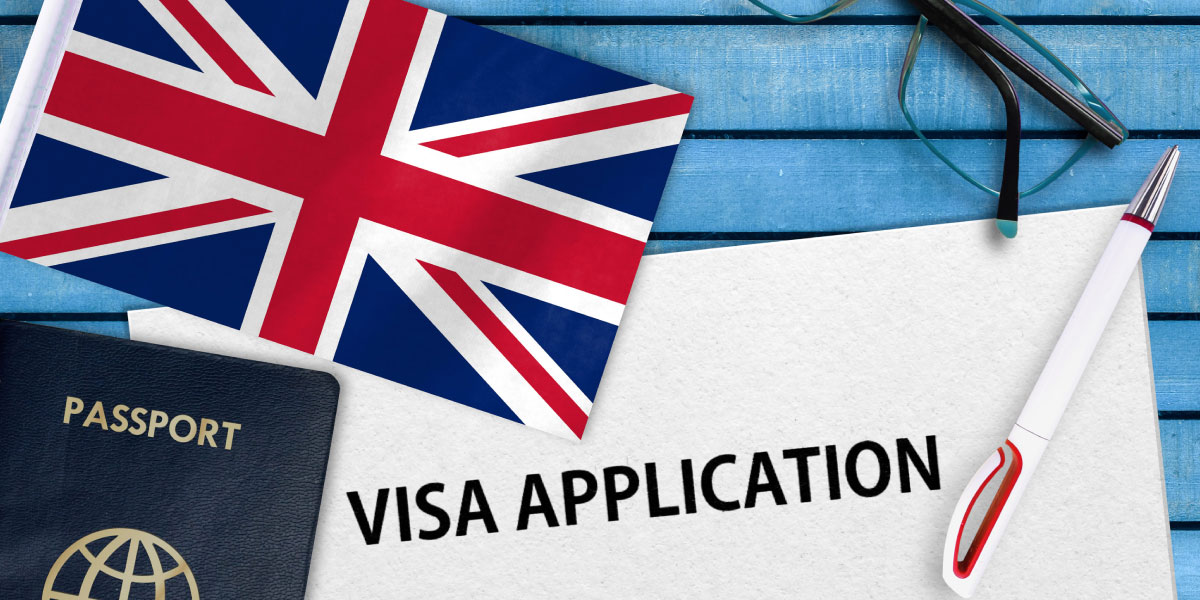

0 Comments